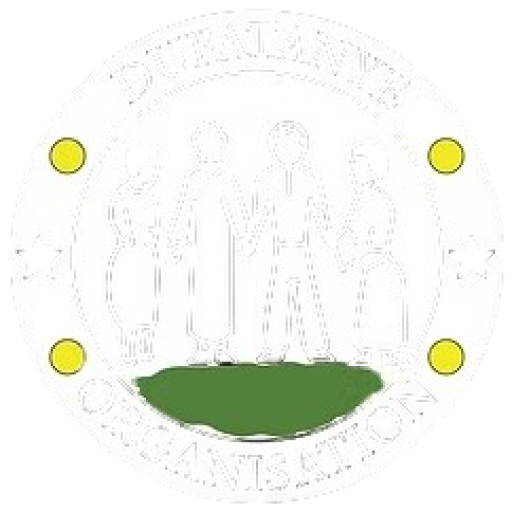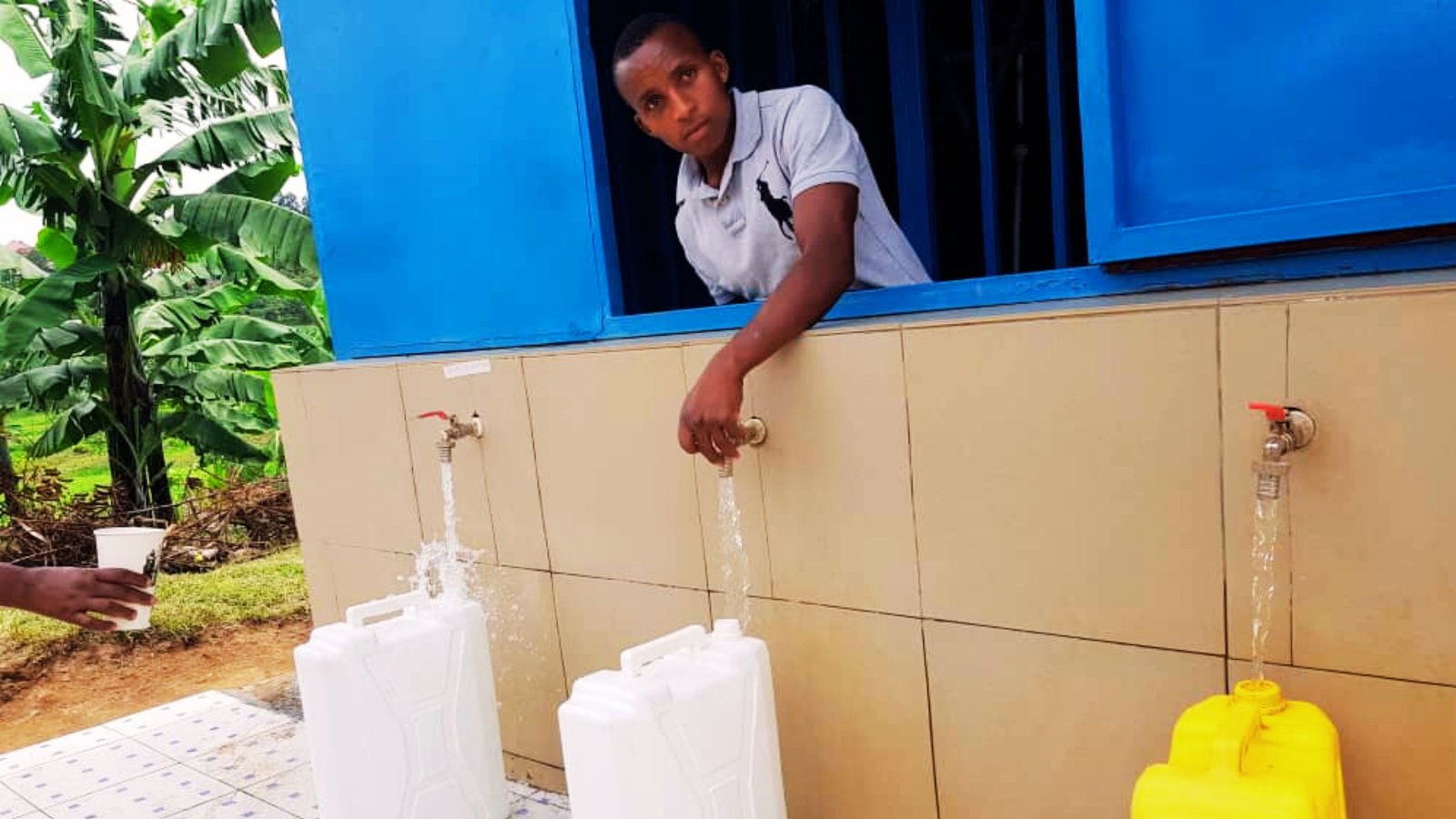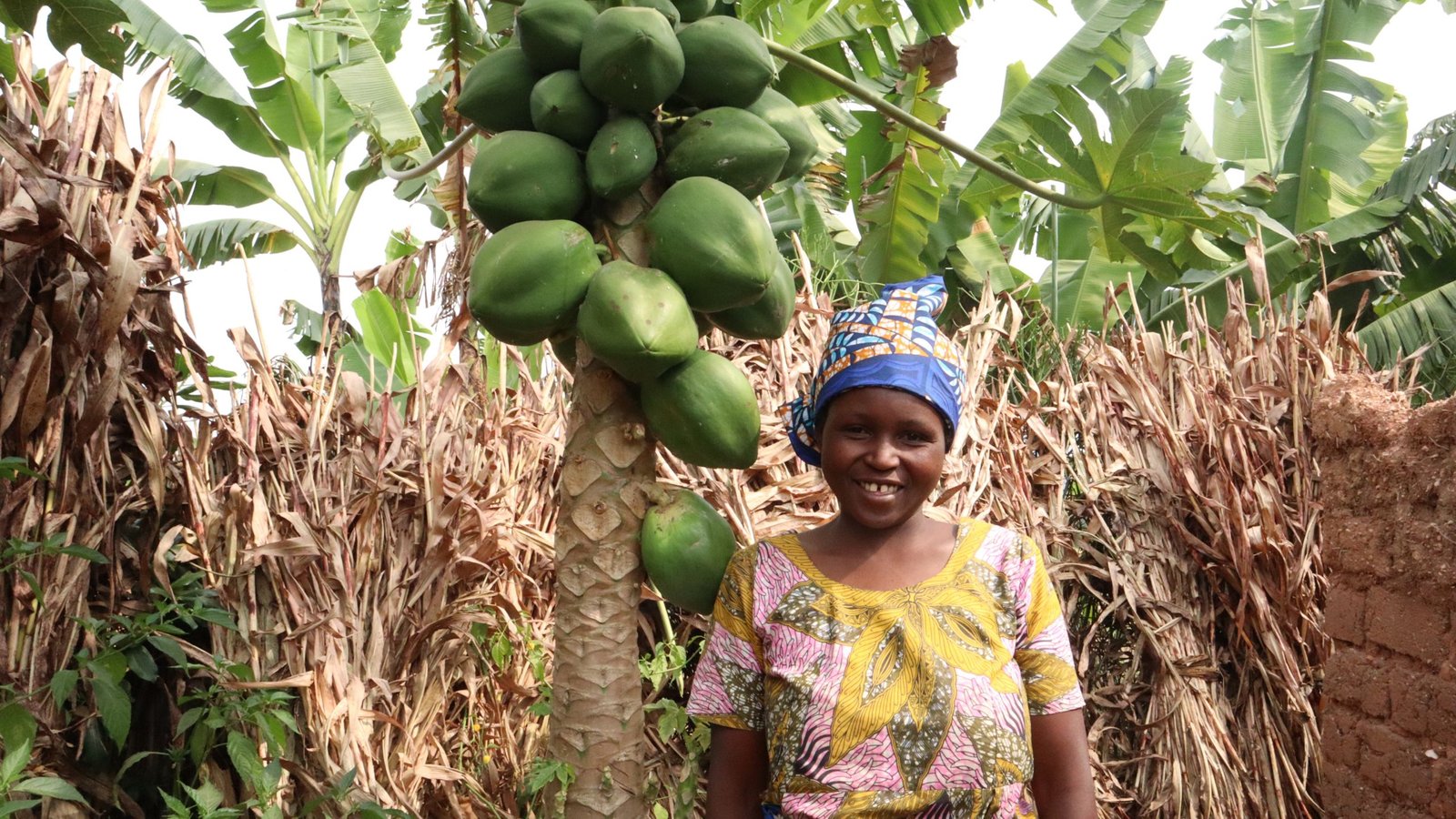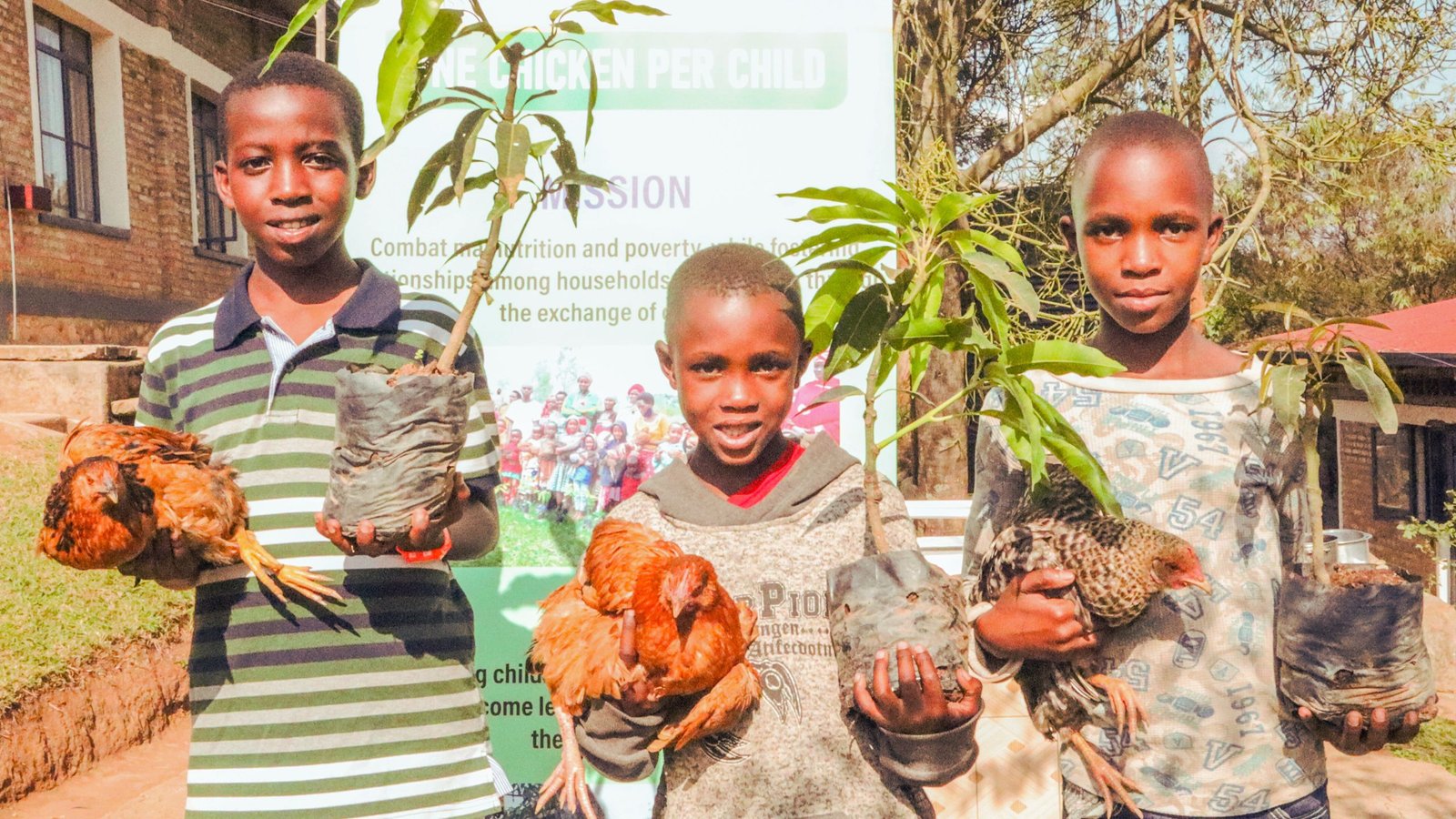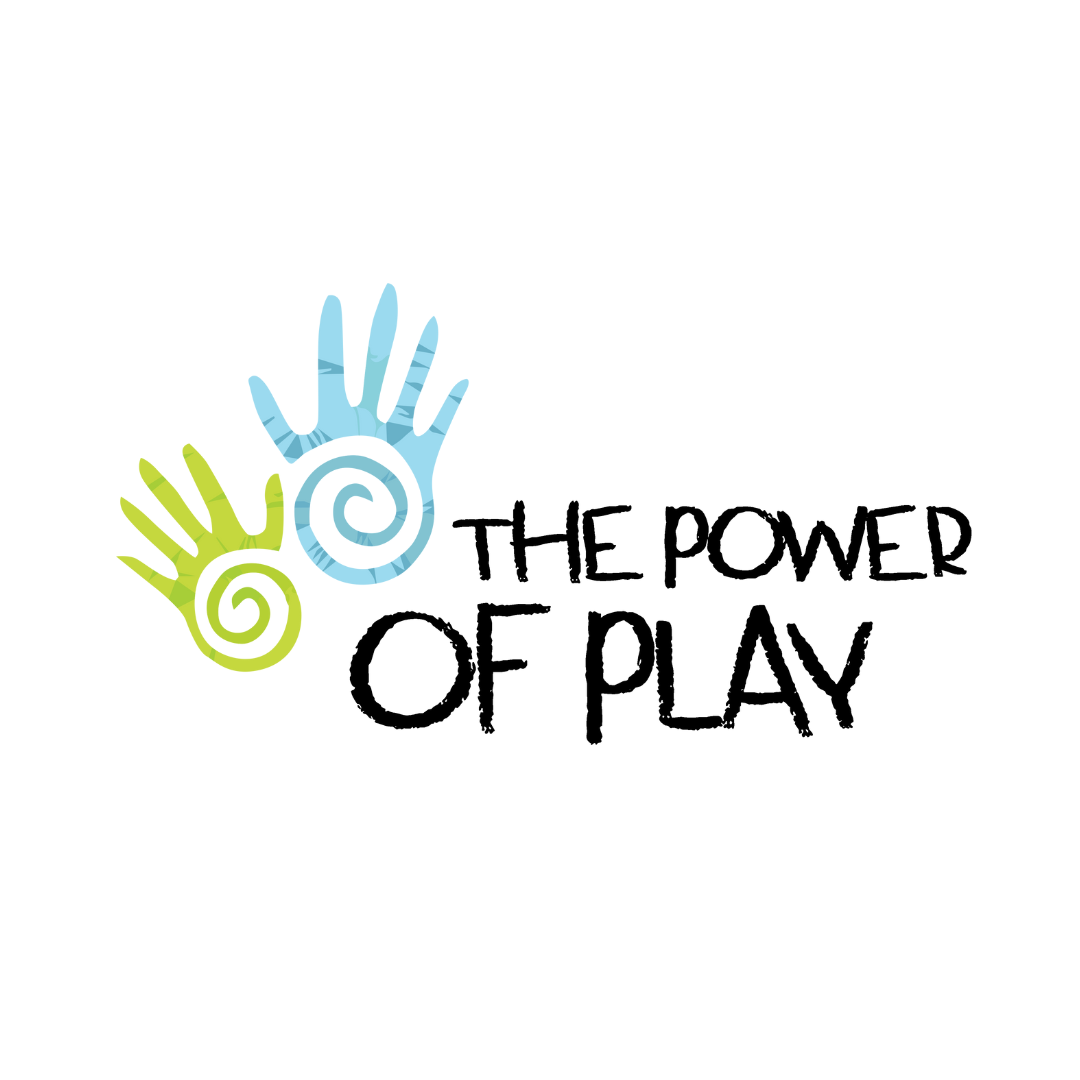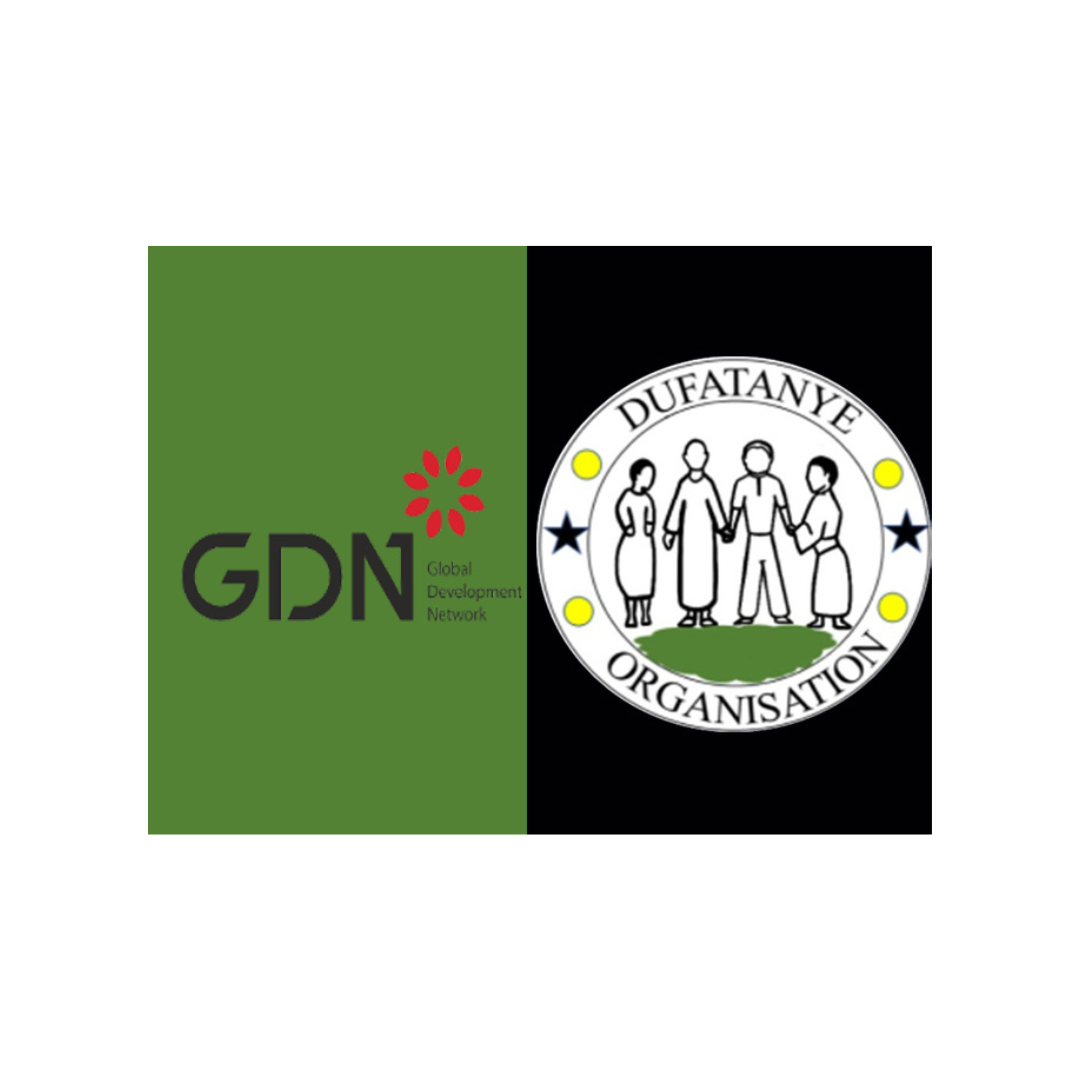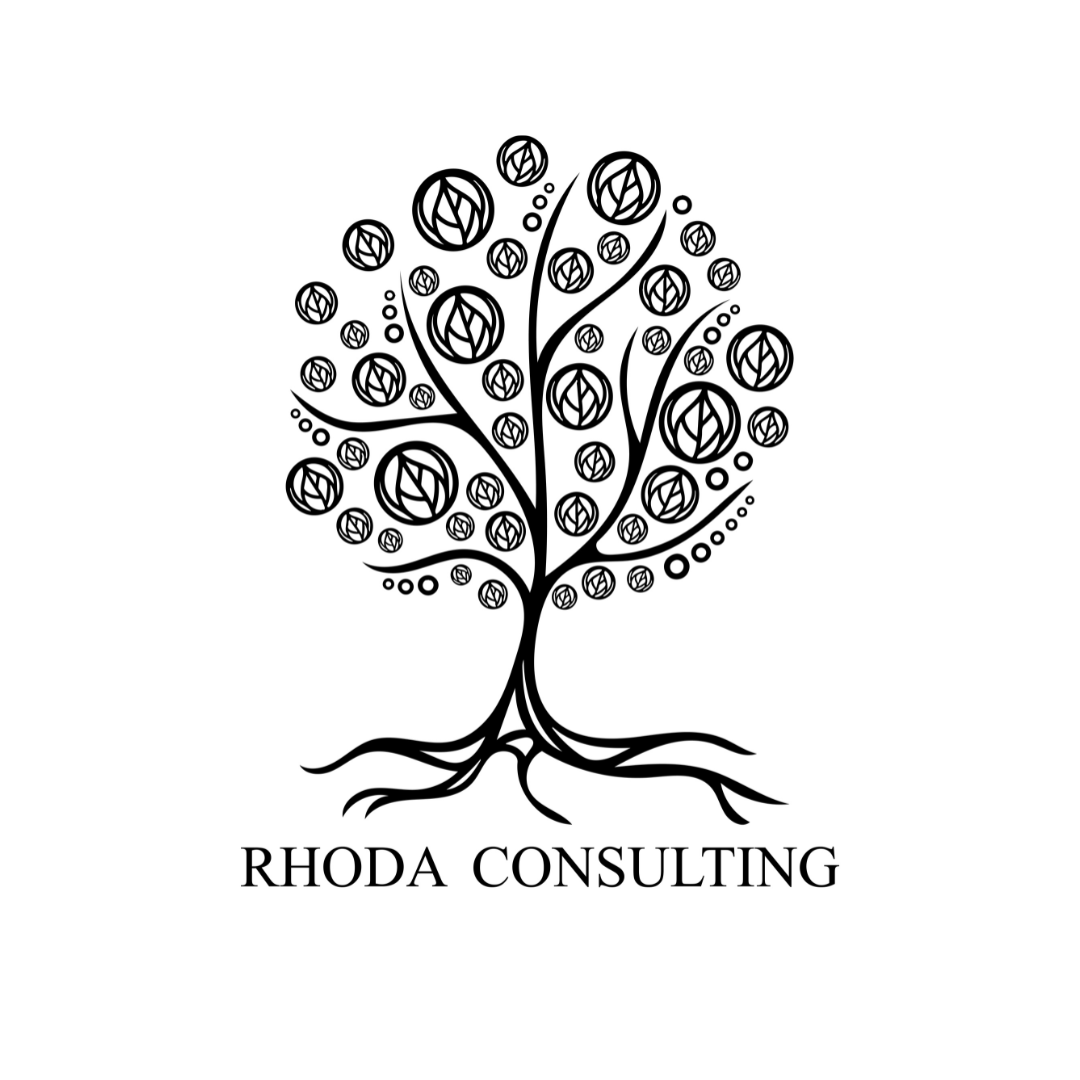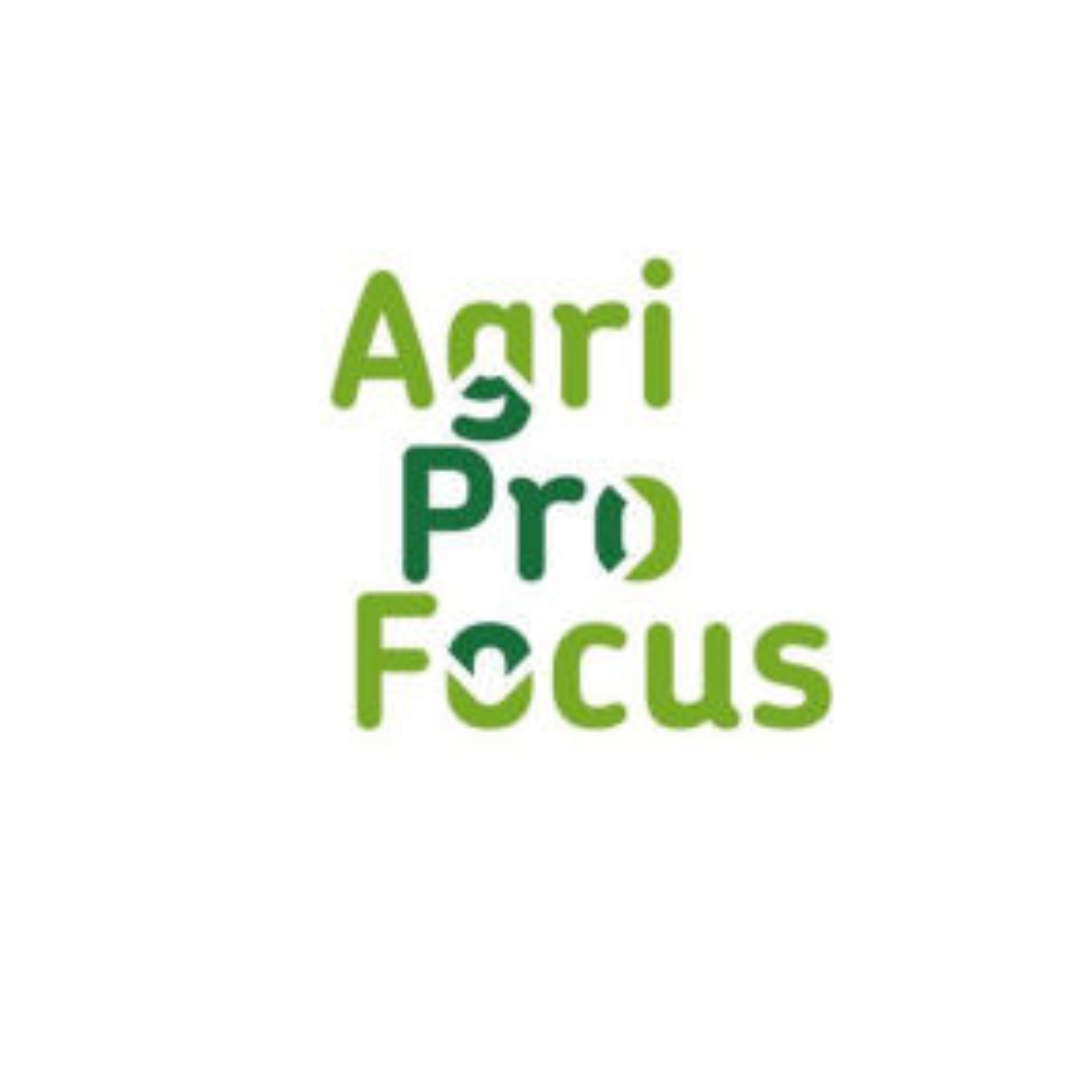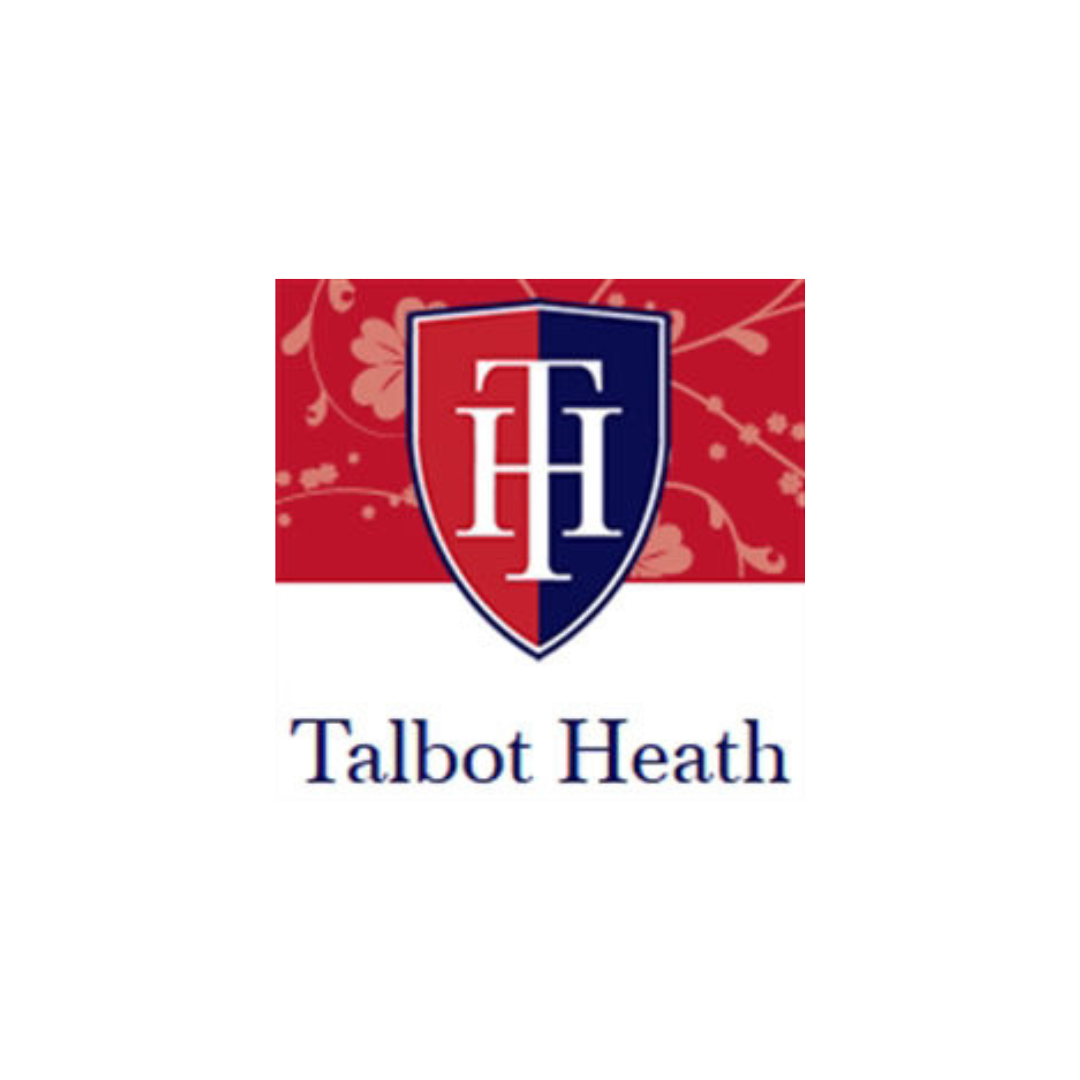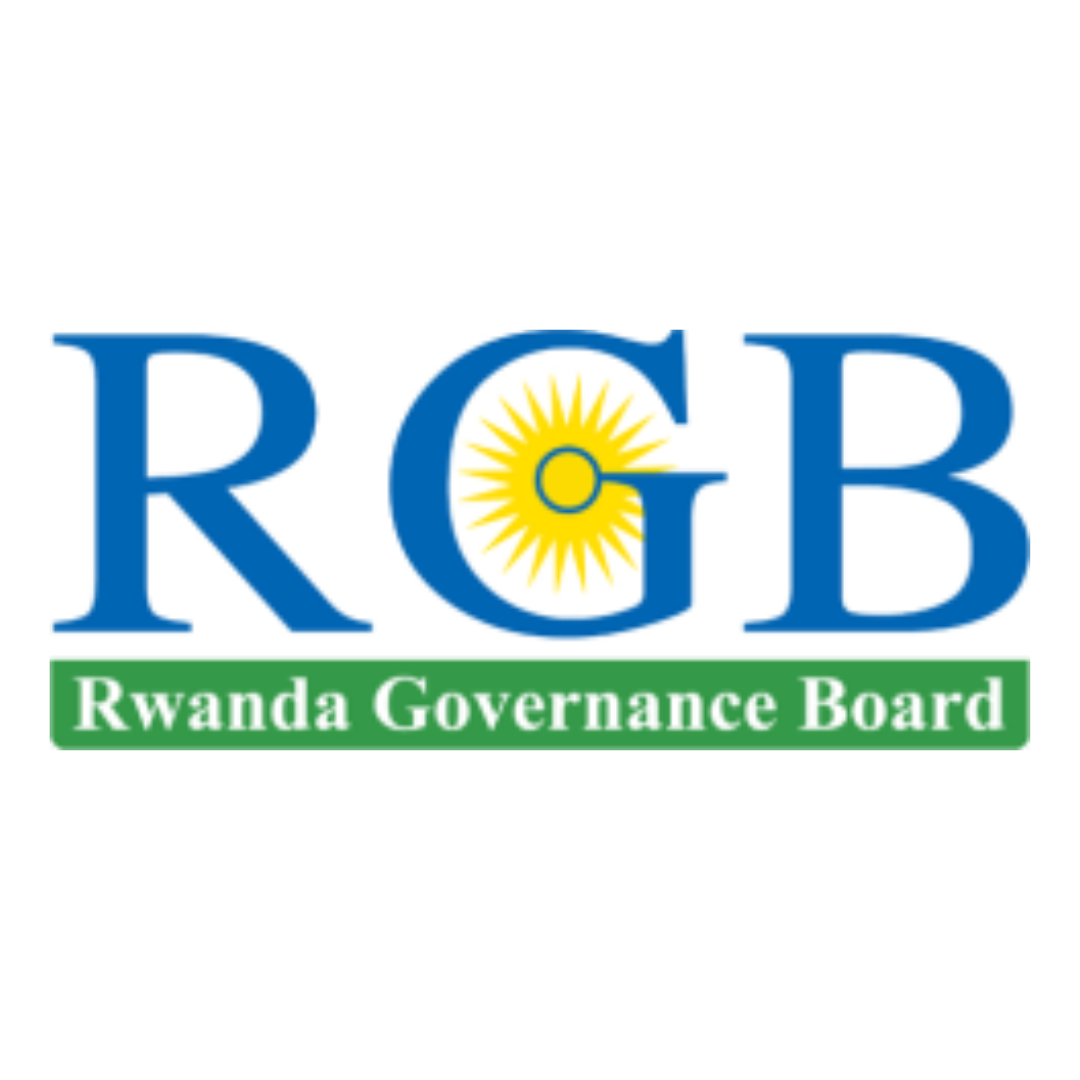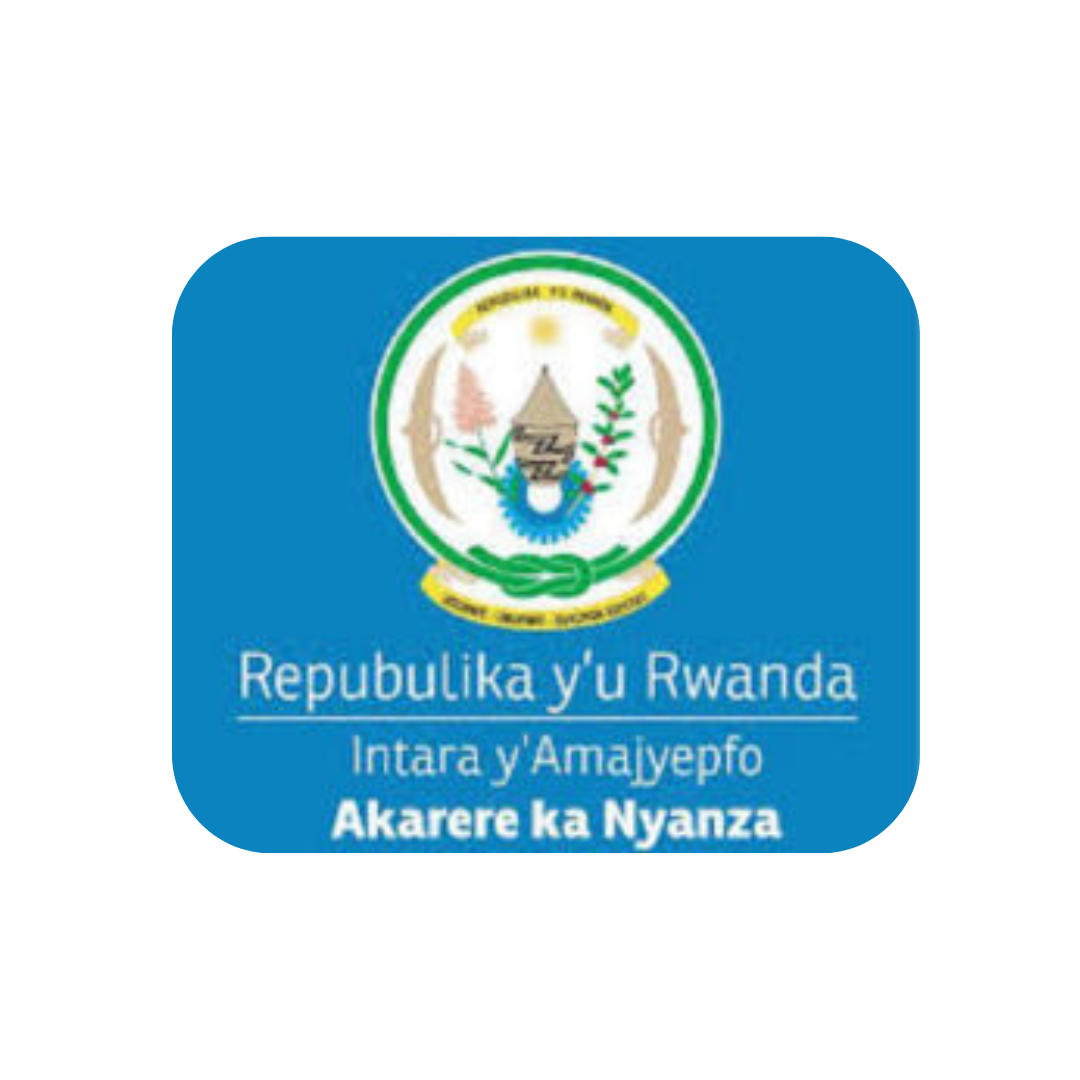ABOUT US
Dufatanye Organization began as an association in 2003 and later became a Non-Governmental Organization in Rwanda. Initiated by Mr. Karema Godfrey who is the founder and the CEO, it is his vision to help the large number of people affected by malnutrition, HIV/AIDS, Genocide and poverty in the community.
This has been done through the Green Village of Hope Program where we construct kitchen gardens, carry out capacity building trainings, provide laying hens and fruit trees to every household within the village while teaching them smart climate resilient agricultural practices and saving skills.
Dufatanye, which means “Join Together”, partners with other individuals and organizations to bring the vision to reality.
Dufatanye Organization was founded in 2015 under the law No. 20/200 on the 26th July 2000 which governs the Non-Profit Organizations in Rwanda.
In December 2016, it was legally registered with the Rwanda Government Board and received it’s permanent certificate (N0. 451/RGB/NGO/LP/03/2019).
our values
Teamwork
Integrity
Sustainability
Innovation
"Paul planted, Apollos watered, but God gave the growth" (1Corinthias 3:6)"
OUR IMPACT
Our Valuable Partners
Testimonies
Latest News
Top Africa News: New Homes in Rasaniro Village
Success in Munini: Lasting Impact of the SOYEE Project
A Tank of Water, a World of Difference
A Village of Hope in Action: Planting Prosperity One Tree at a Time
Get in touch
We would love to hear from you! Whether you have questions, feedback, or ideas to share, feel free to reach out to us. Our team is here to assist and collaborate with you in making a positive impact.
Contact us today, and let's work together for a better future!
- Address: Rwanda South Nyanza
- Phone: +250 788513288
- Email: support@dufatanye.org
- Website: www.dufatanye.org
